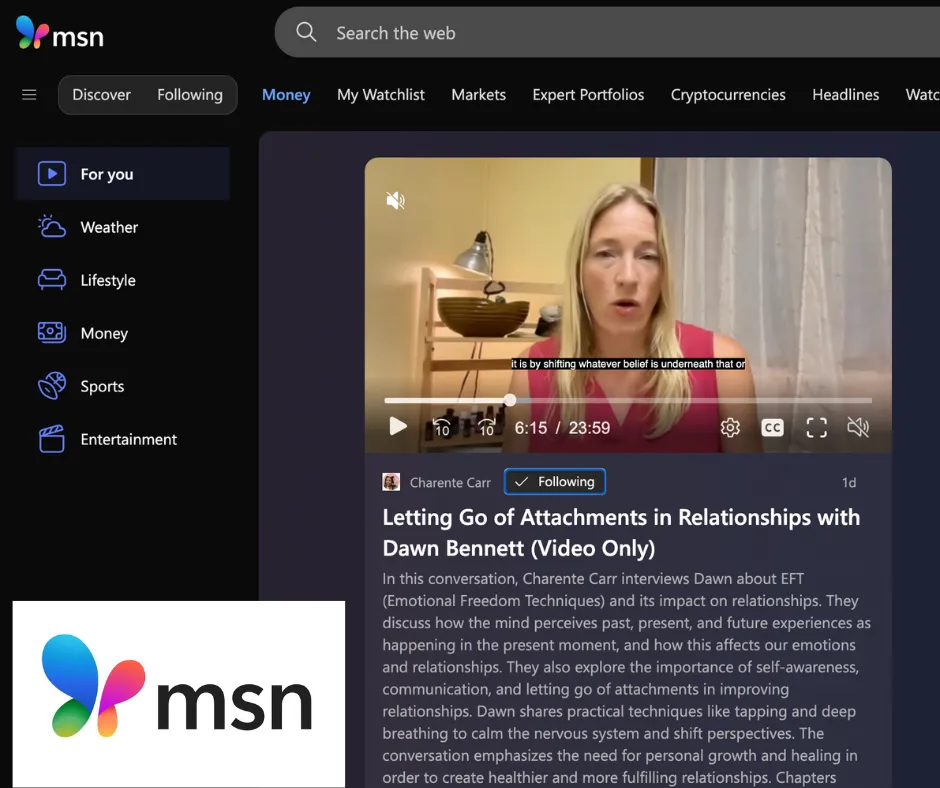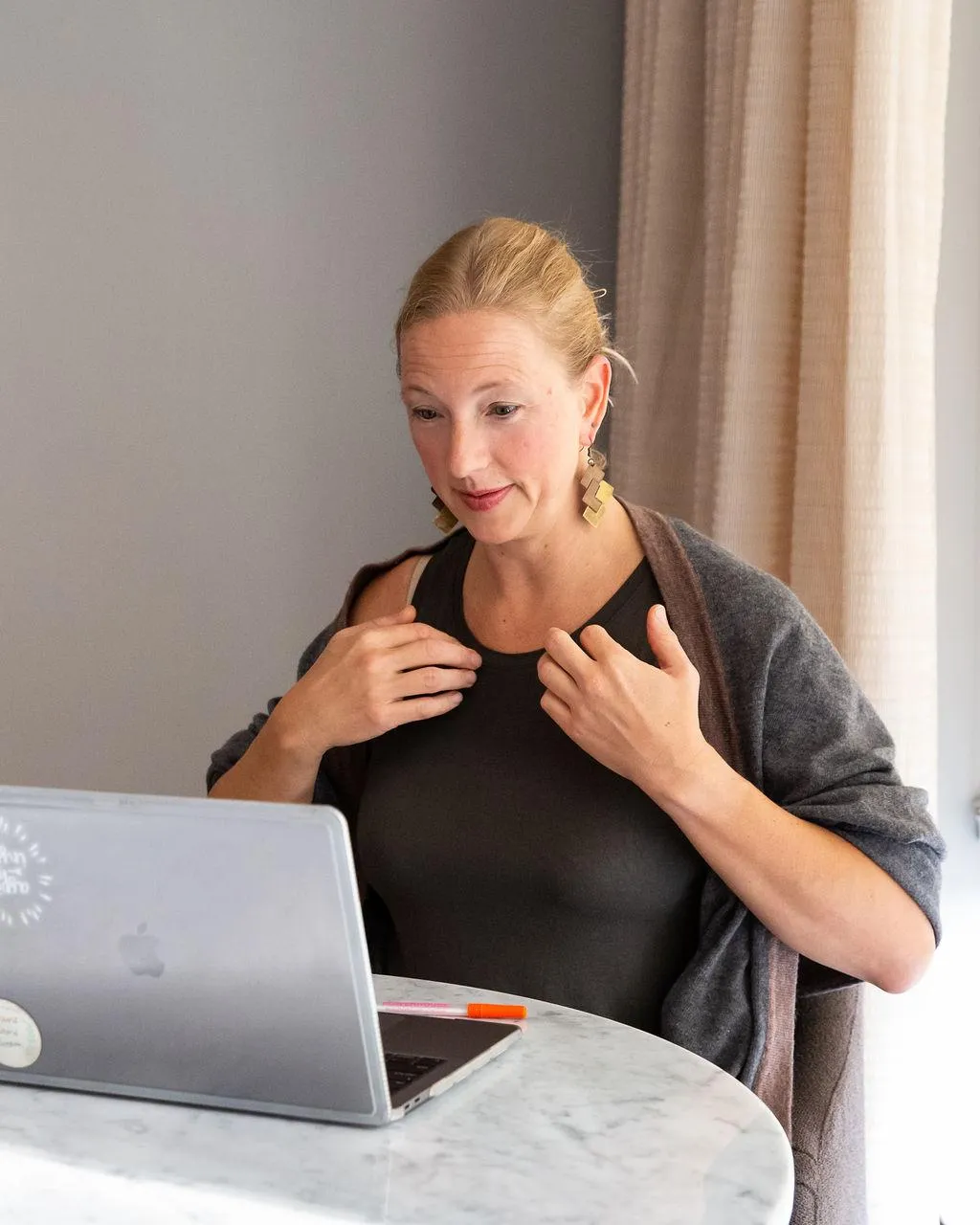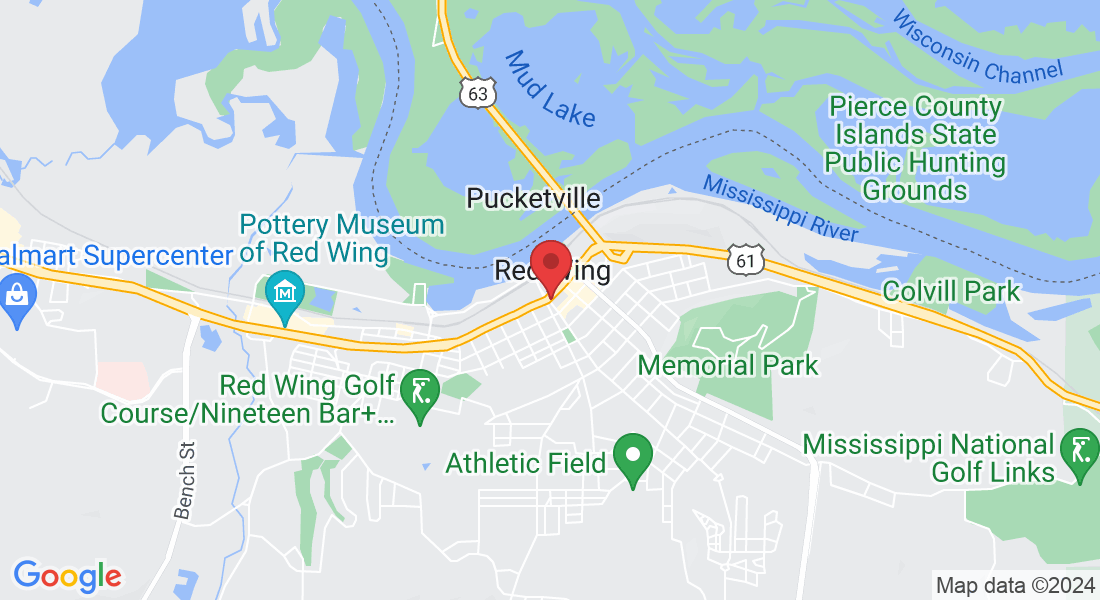If You Want A Strong, Supportive, Healthy Relationship
You Are In The Right Place
The problem is, you are frustrated. Overwhelmed. You envisioned something different, and all the advice and popular opinion out there seems to bring more confusion and chaos.
There are so many relationship mechanics.
Whether You Are Single, In A Relationship, or Ending One, Dawn Will Support Your Process Forward.
Follow The Path That Resonates Most With Your Current Status and Desire
FAQS
Do you offer in-person services?
I have two main offices. One in Anoka inside Nora Matthews Psychology and the other is in Red Wing, MN inside Innovative Chiropractic.
If you are looking for an in-person session elsewhere, call me at 651-401-6131 so we can make special arrangements. I do have options around Minnesota and Western Wisconsin and can travel for half and full-day intensives.
How do I know what personal one-on-one program, group class or video class to choose?
This is why a personal conversation is so powerful! In our conversation, you can share your goals and desires, and Dawn will give you a few options that best fit your goals, time, and budget. You can book that using the 30-minute call button on this page.
Do you work with couples or groups?
Absolutely!
Dawn loves helping couples find more a secure attachment, better communication, and passion in their relationship. Often we do one or two sessions individually with each person before working as a couple.
If your significant other is not interested in participating in the process, whole relationships can shift with one person beginning the journey of shifting the relationship dynamic and coming to healing.
There are many customized options for groups, including presentations, classes, and retreats. Call Dawn to engage in a conversation about your specific needs.

The tools Dawn provides have been life changing for myself, both personally and professionally.
There are not enough words to express the gratitude I have for the unconscious shift that has occurred. EVERY area of my life has been touched, and thrived, under the guidance and work that Dawn has facilitated.
Kaylee H.

I can't rave enough about my session with Dawn. Our 90-minute session felt lively and dynamic and was lots of fun, even though we were working on some very deep issues that brought up some intense feelings for me.
Elisabeth S.

Professional, enjoyable, and positive environment for personal growth!
Wade B.

Meet Dawn Bennett
Your Relationship Mechanic and Guide
See Her Bio Here
Hear About Programs & Offerings Customized For You











